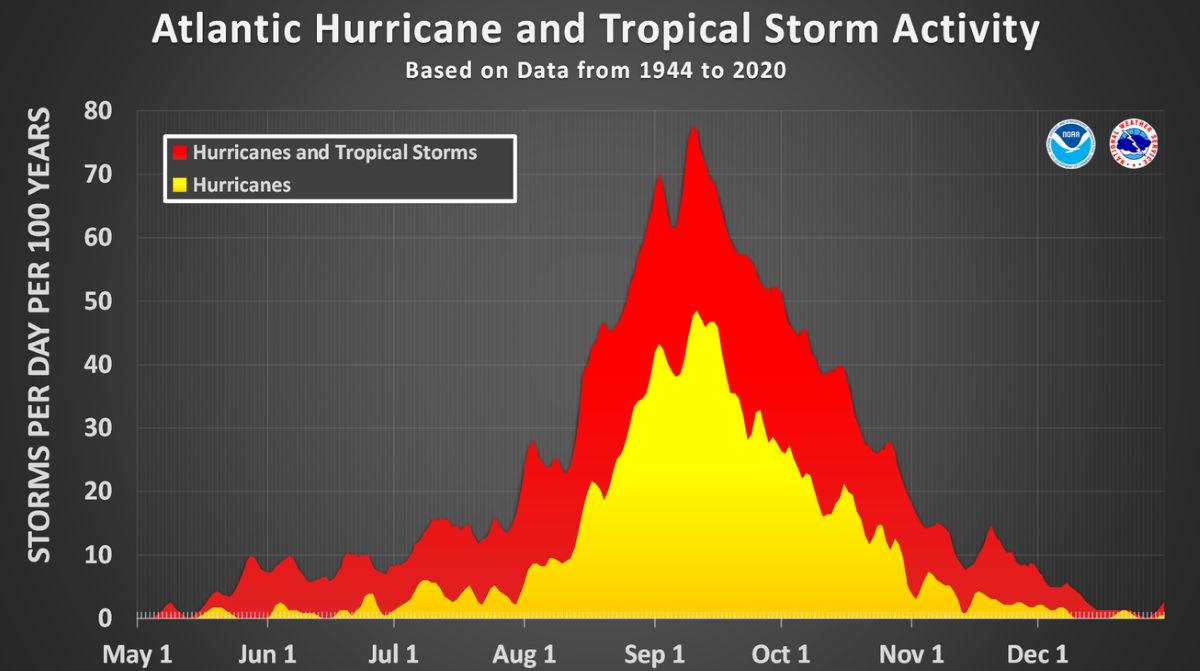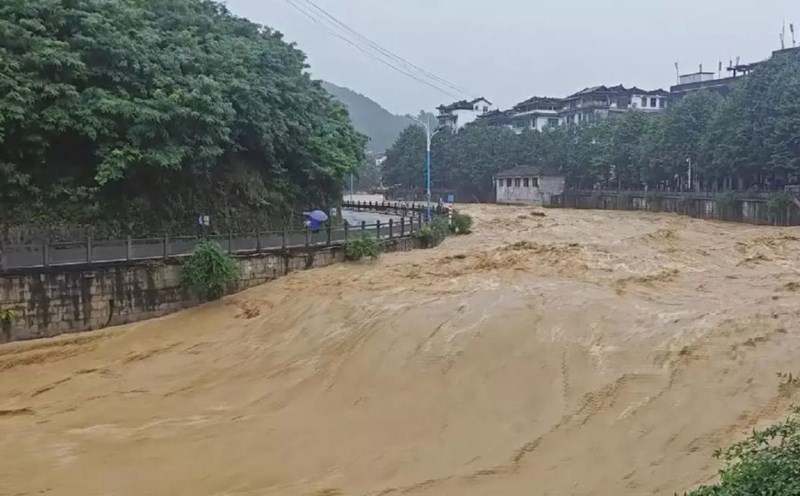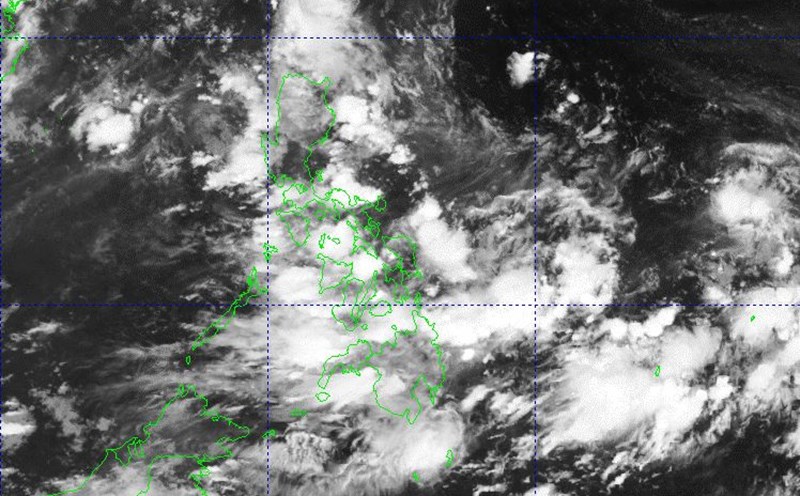Although it is the second month of the 2025 Atlantic hurricane season, tropical cyclone activity in July may remain low.
A typical Atlantic hurricane season typically produces about 14 named storms, seven Category 1 or higher, and three Category 3 or higher super typhoons, with a total accumulated hurricane energy (ACE) of about 122 units. ACE is a measure calculated based on the maximum wind speed and duration of each storm.
However, in June, despite two named storms, the cumulative ACE was just below 0.5, 90% below the start-of-season average of 2.0. In other words, the 2025 typhoon season seems "bustling" in quantity, but weak in strength.
According to meteorologists, this reflects the trend of "lightning" storms - forming quickly, short-lived and not strong enough to cause large damage.

Many signals show that July may repeat the June pattern, meaning that there may be some weak low pressure areas, but it is difficult to develop into major storms or super typhoons. The reason is that atmospheric pressure on much of the Atlantic and Caribbean remains higher than normal, inhibiting storm formation.
Forecast rainfall in storm-prone areas such as the Central Atlantic and Caribbean is also lower than average, indicating dry and stable air.
The Madden-Julian fluctuations (MJO) - a resistance that carries moist air around the tropics will be in a weak phase in the Atlantic for much of July, limiting the likelihood of the storm strengthening.
In that context, rare development windows may only come from strong thunderstorms or low pressure troughs flowing through warm waters, especially off the Southeast coast of the United States or part of the Gulf of Mexico.
Even when a storm forms, experts say heavy rain and coastal erosion could be a major concern, rather than high-level storm winds or serious damage.
According to the University of Colorado's traditional hurricane forecast, August 20 marks the start of the "real hurricane season" in the Atlantic, when atmospheric - ocean conditions begin to synchronize with the formation of strong storms.
Experts warn that although the 2025 storm season is starting quite "gently", we should not be subjective, because the current quiet does not guarantee the coming months. Just a strong storm at the right time is enough to cause disaster.











